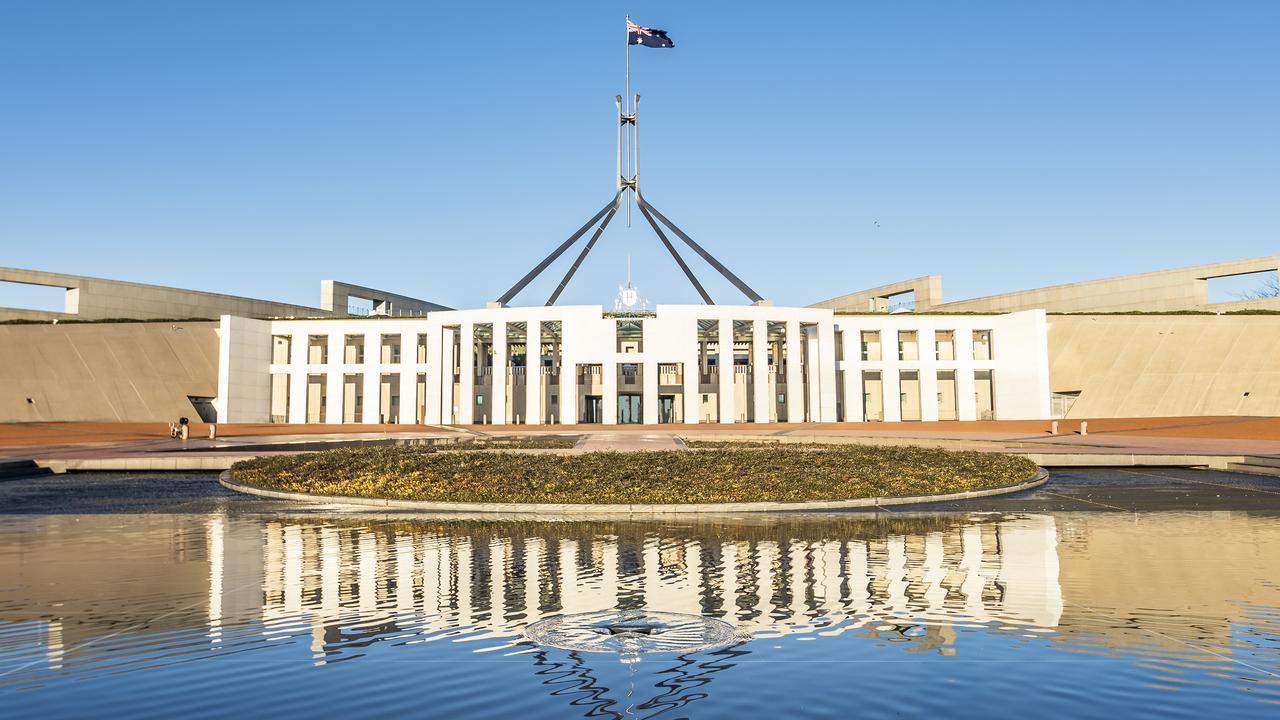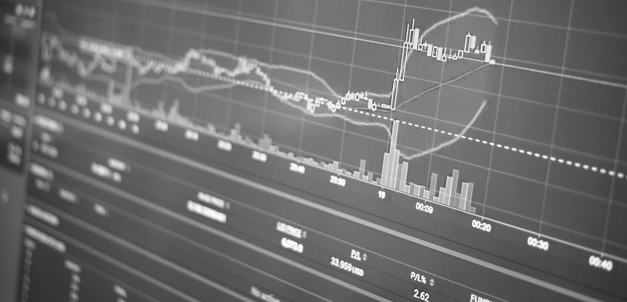
2023-24 Budget Wrap
May 10, 2023
Super pensions and the Commonwealth Seniors Health Card
June 6, 2023With the end of the financial year on our doorstep, the ATO has announced its three key focus areas for 2022-23 Tax Time – rental property deductions, work-related expenses, and capital gains tax (CGT). To maximise your claims in this area and protect yourself from ATO audits and adjustments, be sure to keep the appropriate records.
Work-related expenses
This year the ATO is particularly focused on ensuring taxpayers understand the changes to the working-from-home methods and are able to back up their claims. To claim your working-from-home expenses as a deduction, you can use the actual cost method or the revised fixed rate method, provided you meet the eligibility and record-keeping requirements as follows:
|
RECORD-KEEPING – REVISED FIXED RATE METHOD |
RECORD-KEEPING – ACTUAL COST METHOD |
|
|
|
|
|
|
|
|
|
|
In relation to the depreciating of assets and equipment, you will need records that show:
- when and where you bought the item and its cost
- when you started using the item for a work-related purpose
- how you work out your percentages of work-related use, such as a diary that shows the purpose of and use of the item for work.
Chat with us if you have any questions about which method to use and the records to keep.
CGT
Capital gains tax (CGT) comes into effect when you dispose of assets such as shares, crypto, managed investments, or properties. Inform us as your accountant if you have disposed of such assets between 1 July 2022 to 30 June 2023.
On the disclosure front, be mindful that the ATO has extensive data-matching capabilities and, as such, will likely be able to detect the sale of most CGT assets.
Rental property deductions
Many landlords will expect large amounts of deductions to be claimed when their returns are lodged. However, your record-keeping will significantly impact the deductions that can be claimed. Talk with us about the record-keeping requirements if you are unsure.
Keep records of the following:
- bank statements showing the interest charged on money you borrowed for the rental/commercial property
- loan documents
- land tax assessments
- documents or receipts that show amounts you paid for:
- advertising (including efforts to rent out the property)
- bank charges
- council rates
- gardening
- property agent fees
- repairs or maintenance etc.
- documents showing details of expenses related to:
- the decline in value of depreciating assets
- any capital work expenses, such as structural improvements
- before and after photos for any capital works
- travel expense documents, if you are eligible to claim travel and car expenses such as:
- travel diary or similar that shows the nature of the activities, dates, places, times, and duration of your activities and travel (you must have this if you travel away from home for six nights or more)
- receipts for flights, fuel, accommodation, meals, and other expenses while traveling
- receipts for items you used for repairs and maintenance that you paid for when you travel to or stayed near, the rental property.
- documents that show periods of personal use by you or your friends
- a document that shows periods the property is used as your main residence
- loan documents if you refinance your property
- documents, receipts, and before and after photos for capital improvements
- tenant leases
- when you sell a property:
- contract of sale
- conveyancing documents
- sale of property fees.
This year, the ATO is particularly focused on interest expenses and ensuring rental property owners understand how to correctly apportion loan interest expenses where part of the loan was used for private purposes (or the loan was re-financed with some private purpose).
Disclaimer: This update is intended as general information only and is not tailored to individual circumstances. Please contact us if you would like specific advice.


